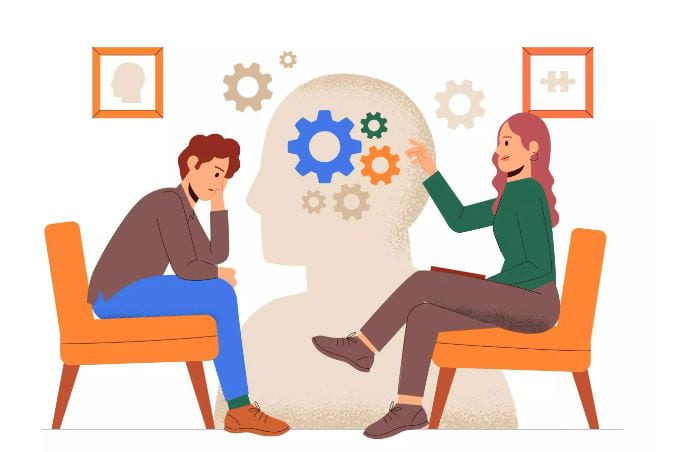Unveiling the Depths: Psychodynamic Therapy in the Treatment of Eating Disorders
Author : Meganbruce Lcsw | Published On : 19 Nov 2023

Introduction:
Eating disorders often manifest as complex interplays of psychological, emotional, and interpersonal factors. In the therapeutic landscape, Psychodynamic Therapy emerges as a valuable approach for understanding and addressing the underlying dynamics that contribute to these challenging conditions. In this article, we explore the principles of Psychodynamic Therapy and its application in the treatment of eating disorders.
Understanding Psychodynamic Therapy:
Psychodynamic Therapy, rooted in psychoanalytic principles, delves into the unconscious mind to identify and resolve conflicts that may be contributing to mental health issues. It emphasizes the exploration of early life experiences, unconscious thoughts, and interpersonal relationships to gain insight into present-day behaviors and challenges.
Core Principles of Psychodynamic Therapy for Eating Disorders:
- Exploration of Unconscious Processes: Psychodynamic Therapy, under the guidance of therapists such as Megan Y. Bruce, LCSW, involves delving into unconscious processes that influence thoughts and behaviors related to food, body image, and self-worth. This exploration aims to uncover hidden conflicts and unresolved emotions.
- Identification of Defense Mechanisms: Individuals with eating disorders often employ defense mechanisms to cope with distressing emotions. Psychodynamic Therapy seeks to identify and explore these defense mechanisms, such as denial or projection, to understand how they contribute to maladaptive behaviors.
- Analysis of Interpersonal Relationships: The therapeutic process involves analyzing interpersonal relationships, both past and present. Megan Y. Bruce assists individuals in recognizing patterns in relationships that may impact their relationship with food and body image, fostering a deeper understanding of the roots of their struggles.
- Integration of Past Experiences: Psychodynamic Therapy places significance on integrating past experiences into the present narrative. Therapists like Megan guide individuals to explore early life experiences and relationships that may have shaped their attitudes toward food, body image, and self-esteem.
- Transference and Countertransference: The therapeutic relationship becomes a crucial aspect of Psychodynamic Therapy. Transference and countertransference dynamics are explored, allowing individuals to gain insight into how past relationships may be influencing their perceptions of the therapist and the therapeutic process.
Therapeutic Techniques in Psychodynamic Therapy for Eating Disorders:
- Free Association: Free association encourages individuals to express thoughts and feelings without censorship. Megan Y. Bruce creates a safe space for free association, allowing for the exploration of unconscious material related to eating disorder symptoms.
- Dream Analysis: Dreams can offer insights into unconscious conflicts. Psychodynamic therapists may explore dreams with individuals to uncover symbolic representations of their struggles and emotions surrounding eating and body image.
- Symbolic Imagery Exploration: Psychodynamic Therapy often involves the exploration of symbolic imagery. Megan assists individuals in examining the symbolic meaning of specific thoughts, images, or recurring themes related to their eating disorder.
- Interpersonal Process Groups: Group therapy settings, guided by psychodynamic principles, provide opportunities for individuals to explore interpersonal dynamics, gain support, and receive feedback from others facing similar challenges.
Conclusion:
Psychodynamic Therapy, with its focus on the unconscious mind and interpersonal relationships, offers a nuanced and insightful approach to the treatment of eating disorders. Under the guidance of skilled therapists like Megan Y. Bruce, individuals embark on a journey of self-discovery, unraveling the intricate web of emotions and experiences that contribute to their struggles. In this depth-oriented therapeutic process, Psychodynamic Therapy becomes a valuable tool for fostering lasting healing and transformation.
Megan Y. Bruce, LCSW, is a compassionate licensed clinical social worker specializing in Psychodynamic Therapy for individuals grappling with eating disorders. With a commitment to uncovering the roots of challenges, Megan provides a supportive space for exploration and healing. Call now at 408.805.4385 or her website to embark on a journey of self-discovery and transformation.
